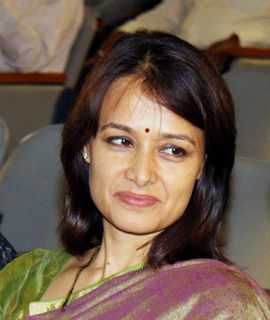A Quote by Sandra Scarr
It is important for practical and psychological reasons to call any reasonably stable group that rears children a family.... The advantage of this view is that traditional and nontraditional families can all be seen to serve the interests of children. Children can also feel comfortable with an approved family form, even if it is not traditional.
Related Quotes
The most important difference between these early American families and our own is that early families constituted economic unitsin which all members, from young children on up, played important productive roles within the household. The prosperity of the whole family depended on how well husband, wife, and children could manage and cultivate the land. Children were essential to this family enterprise from age six or so until their twenties, when they left home.
I was appalled at how children had become the focus and gravitational center of the nuclear family around which parents orbited instead of the traditional arrangement in which children orbited around their parents. This is a huge change because a critical job in early childhood is to get children weaned away from the total narcissism normal to infancy. With the children as the center of the family's actions and decisions, narcissism is at a minimum prolonged and may never significantly decline.
In the United States, the average is two children per family, while in Africa it is five children per family. On the surface, the statistic seems to indicate that Africans are having way too many kids and are taxing the Earth's resources, while American kids are born into families who are able to take care of them. However, the average American child consumes roughly the same resources as fifteen African children. So when an American family says they only have two children, they are actually consuming the resources of an African family of thirty children!
Contrary to popular opinion, the most important characteristic of a godly mother is not her relationship with her children. It is her love for her husband. The love between husband and wife is the real key to a thriving family. A healthy home environment cannot be built exclusively on the parents' love for their children. The properly situated family has marriage at the center; families shouldn't revolve around the children.
I'm a country girl, raised in Gloucestershire, England. But my family encouraged me to travel, and I wanted to experience the world. Maybe that's not traditional, but my values have stayed strong. Perhaps that's where wanting to have children comes into it: I'll always be making work; I guess when - and if - I have children, I'll have them with me.
Another very interesting chapter is the education of children: the victims of problems of the family are the children. The children. Even of problems that neither husband nor wife have a say in. For example, the needs of a job. When the dad doesn't have free time to speak to his children, when the mother doesn't have time to speak with her children.
Liberal hostility to the traditional family helped to undermine centuries of accumulated wisdom and experience about what was best for children and adults. Far from benefiting only men, marriage confers enormous advantages on women and children as well - a fact that has been thrown into sharp relief by its breakdown over the past forty years.
































